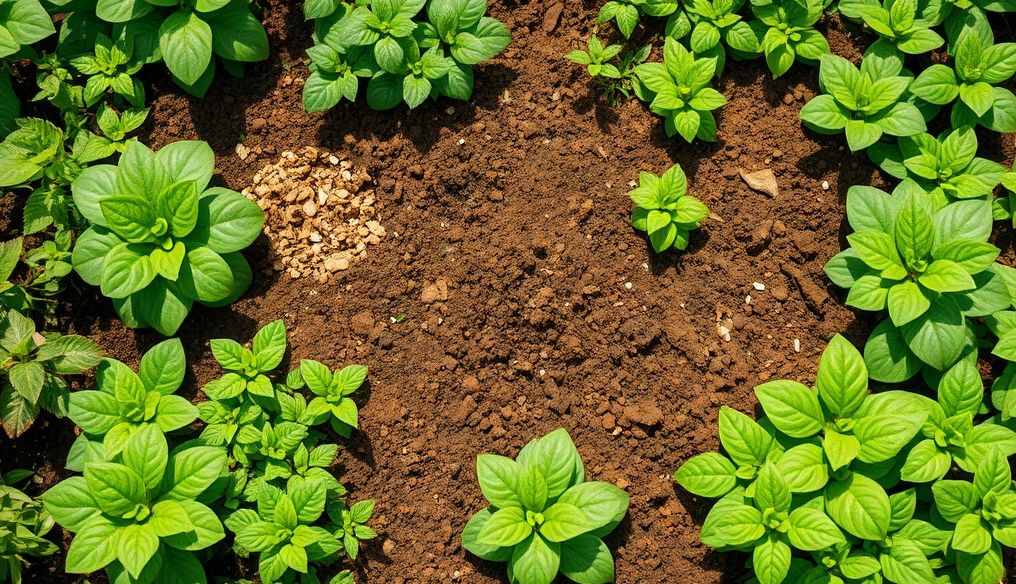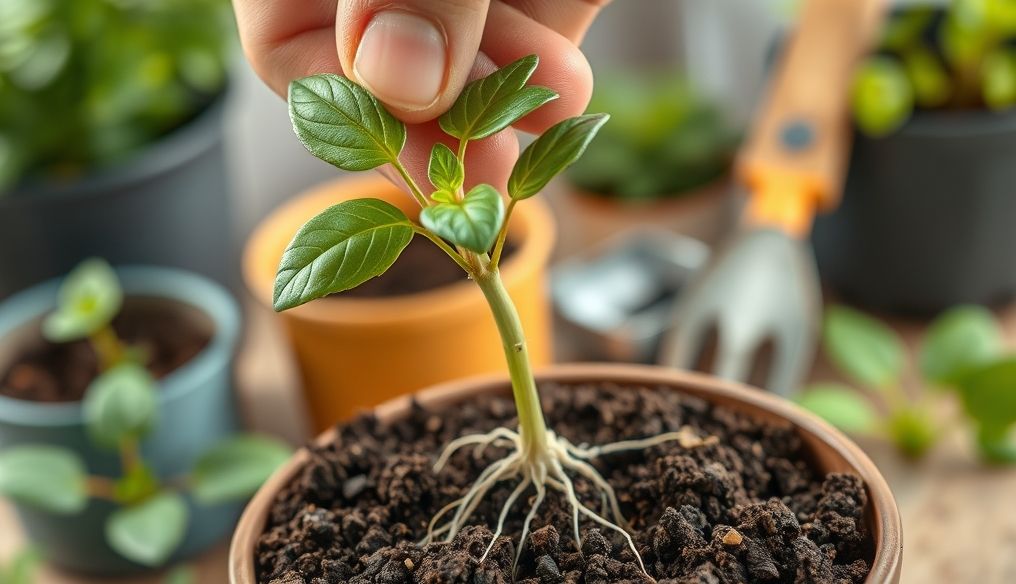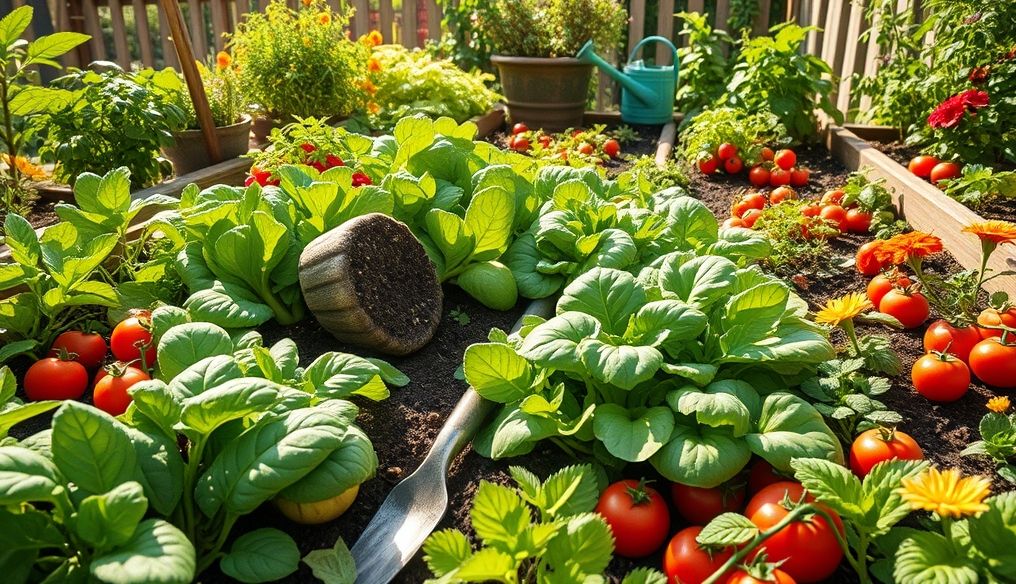Are Chemical Fertilizers Harmful to Health and the Environment? What are Effective Natural Alternatives?
Chemical fertilizers are an essential part of modern agriculture, aiming to provide the essential nutrients that plants need for growth and production. However, their excessive and irresponsible use can lead to significant negative impacts on health and the environment. In this article, we will explore these potential harms and review natural alternatives that can replace chemical fertilizers.
1. What are Chemical Fertilizers?
Chemical fertilizers are synthetic compounds containing essential nutrients such as nitrogen, phosphorus, and potassium (NPK). They are produced in large quantities and used to promote plant growth and increase crop production.
2. Potential Health Harms of Chemical Fertilizers
Direct exposure to chemical fertilizers can cause irritation to the skin, eyes, and respiratory system. In addition, fertilizers can leach into groundwater and contaminate it, leading to health problems when this water is consumed.
- Water Contamination: Excess nitrates in water can cause methemoglobinemia (blue baby syndrome) in infants.
- Food Contamination: Fertilizer residues in crops can accumulate in the body and cause long-term health problems.
- Cancer: Some studies suggest a link between exposure to certain chemical fertilizers and an increased risk of developing certain types of cancer.
3. Potential Environmental Harms of Chemical Fertilizers
The harms of chemical fertilizers are not limited to human health; they extend to the environment as well. Excessive use of fertilizers can lead to soil, water, and air pollution.
- Soil Pollution: Chemical fertilizers can alter soil composition and kill beneficial microorganisms living in it.
- Water Pollution: Fertilizer runoff into rivers and lakes can lead to excessive algae growth (Eutrophication), which reduces oxygen in the water and kills aquatic organisms.
- Air Pollution: The production of chemical fertilizers consumes large amounts of energy and releases greenhouse gases that contribute to climate change.
4. Natural Alternatives to Chemical Fertilizers
Fortunately, there are many natural alternatives that can replace chemical fertilizers and provide the nutrients plants need without causing health or environmental damage.
- Compost: Produced from the decomposition of organic materials such as food scraps, leaves, and animal waste. Compost is rich in nutrients and improves soil fertility.
- Green Manure: Involves planting specific plants such as legumes and then plowing them into the soil. Legumes fix nitrogen from the air into the soil, increasing its fertility.
- Animal Manure: Manure from animals such as cows, chickens, and sheep is rich in nutrients and can be used as a natural fertilizer.
- Vermicompost: This fertilizer is produced by using earthworms to decompose organic materials. Vermicompost is rich in nutrients and improves soil fertility.
- Biofertilizers: Contain beneficial microorganisms such as bacteria and fungi that help plants absorb nutrients from the soil.
5. Benefits of Using Natural Alternatives
Using natural alternatives to chemical fertilizers has many benefits, including:
- Improved Soil Health: Natural alternatives help improve soil structure and increase its ability to retain water and nutrients.
- Reduced Pollution: Natural alternatives do not cause pollution to soil, water, or air.
- Improved Human Health: Crops grown using natural alternatives are healthier and less prone to contamination with chemicals.
- Support for Biodiversity: Natural alternatives help support biodiversity in the soil and promote the growth of beneficial microorganisms.
6. How to Apply Natural Alternatives in Agriculture
Applying natural alternatives in agriculture requires some planning and knowledge, but the results are worth the effort. Here are some tips:
- Soil Analysis: Before using any fertilizer, it is important to analyze the soil to determine the nutrients it needs.
- Choosing the Right Fertilizer: Based on soil analysis, you can choose the natural fertilizer that best suits your plants' needs.
- Applying Fertilizer Correctly: Follow the instructions on the natural fertilizer package to ensure it is applied correctly.
- Continuous Monitoring: Monitor your plants regularly to ensure they are getting enough nutrients.
7. Practical Examples of Using Natural Alternatives
Let's take a look at some practical examples of using natural alternatives in agriculture:
- Home Vegetable Garden: Use compost and vermicompost to fertilize your home vegetable garden.
- Organic Farms: Organic farms use green manure, animal manure, and biofertilizers to produce healthy and sustainable crops.
- Organic Waste Recycling: Organic waste from homes and restaurants can be used to produce compost.
8. Challenges Facing the Use of Natural Alternatives
Despite the many benefits of natural alternatives, there are some challenges facing their widespread use:
- Cost: In some cases, natural alternatives may be more expensive than chemical fertilizers.
- Availability: Natural alternatives may not be readily available in all areas.
- Time and Effort: Using natural alternatives may require more time and effort compared to using chemical fertilizers.
- Knowledge and Expertise: Farmers may need to acquire new knowledge and expertise to use natural alternatives effectively.
9. Role of Governments and Organizations in Supporting Natural Alternatives
Governments and organizations play an important role in supporting the use of natural alternatives through:
- Providing Financial Support: Providing financial support to farmers who use natural alternatives.
- Providing Training and Education: Providing training and education to farmers on how to use natural alternatives effectively.
- Enacting Laws and Regulations: Enacting laws and regulations that encourage the use of natural alternatives and reduce the use of chemical fertilizers.
- Supporting Research and Development: Supporting research and development in the field of natural alternatives.
10. The Future of Sustainable Agriculture
Using natural alternatives to chemical fertilizers is an important step towards sustainable agriculture. By adopting these alternatives, we can protect our health and environment and ensure a sustainable food future for generations to come.
Conclusion: Chemical fertilizers have potential harms to health and the environment, but there are effective natural alternatives that can replace them. By adopting these alternatives, we can achieve sustainable agriculture that protects our health and environment.
``` Title: Are Chemical Fertilizers Harmful to Health and the Environment? What are Effective Natural Alternatives? Introduction: Chemical fertilizers are widely used to boost crop yields, but at what cost to our health and planet? This article explores the potential dangers and highlights eco-friendly, natural alternatives.



